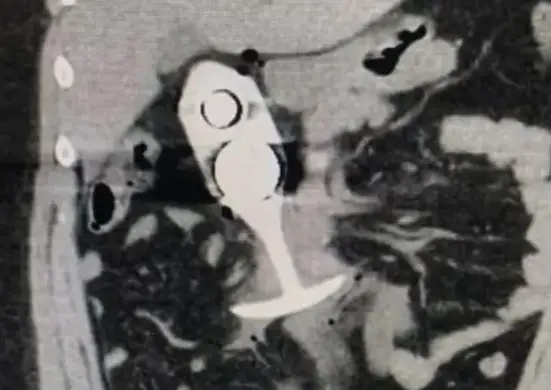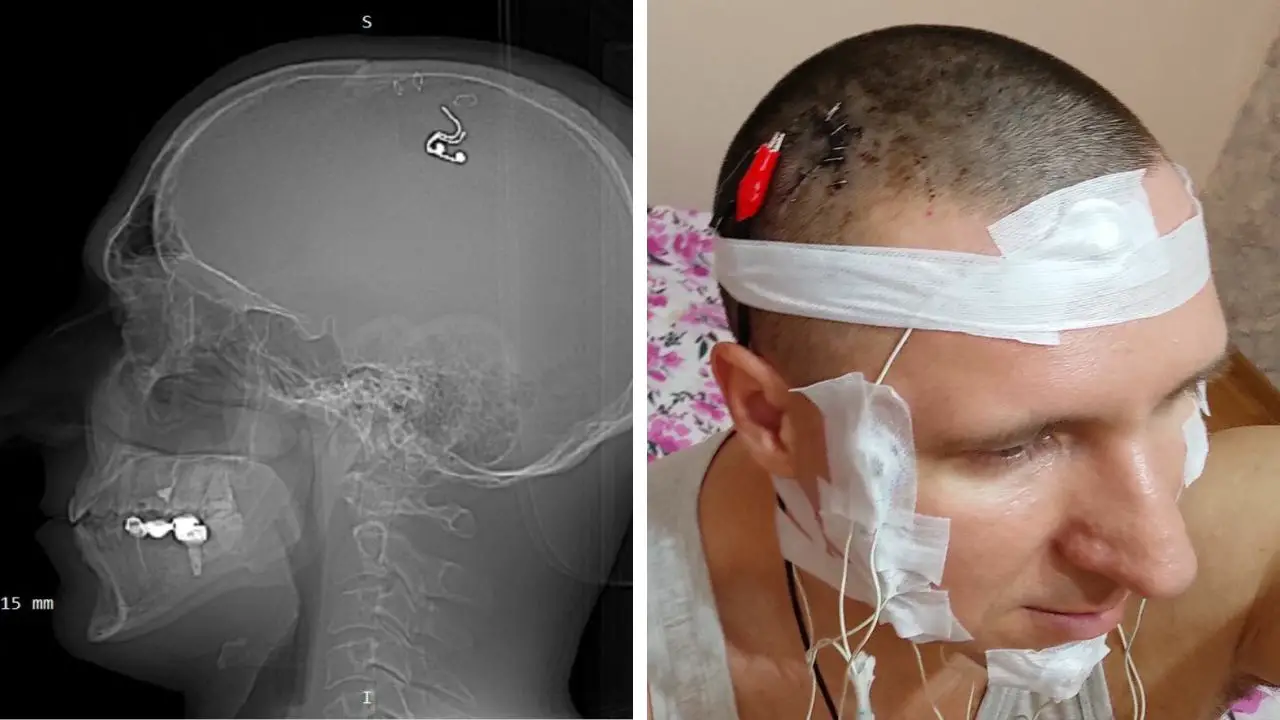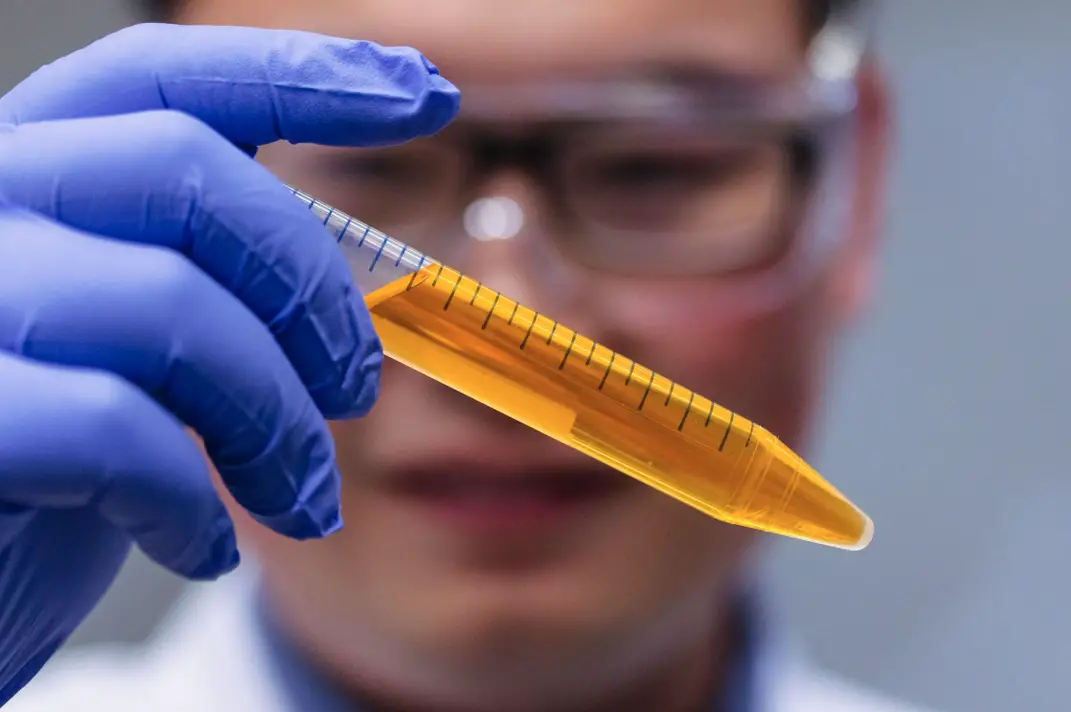Researchers Develop Gel from Spider Venom to Boost Erections

In a remarkable scientific breakthrough, researchers are exploring the potential of a gel derived from the venom of the Brazilian wandering spider, Phoneutria nigriventer, in the treatment of erectile dysfunction.
While this venomous arachnid’s bite is notorious for its toxicity, it also induces a surprising side effect: prolonged erections, a condition known as priapism.
Scientists have spent over a decade investigating this phenomenon and have now developed a synthetic molecule named BZ371A, poised to revolutionize the field.
| Characteristic | BZ371A |
|---|---|
| Type | Topical gel under development for the treatment of erectile dysfunction following radical prostatectomy |
| Mechanism of action | Restores local blood flow regulation by a new and innovative mechanism of action |
| Clinical trial status | Phase 2 clinical trial NCT05558007 is ongoing, with an estimated primary completion date of March 2024 |
| Estimated study completion date | April 2024 |
| Sponsor | Biozeus Pharma |
Led by Professor Maria Elena de Lima, a team of researchers from the Federal University of Minas Gerais (UFMG) embarked on a journey to understand the pharmacological mechanisms behind priapism induced by the spider’s venom.
Their goal was to develop a safe and effective drug for erectile dysfunction, leading to the creation of the groundbreaking synthetic molecule, BZ371A.
BZ371A
The origins of BZ371A trace back to the 2008 doctoral thesis of researcher Kenia Pedrosa Nunes, which explored the Phoneutria nigriventer toxin’s impact on erectile function.
Subsequent research, including vital contributions from Carolina Nunes da Silva, led to the identification of the synthetic peptide PnPP-19 as a potential model for erectile dysfunction treatment.
BZ371A has recently received approval for phase 1 clinical trials from the Brazilian Health Regulatory Agency (Anvisa).
Early trials have demonstrated the compound’s safety in humans, a critical milestone in drug development.
Preliminary tests have shown that the topical application of BZ371A induces vasodilation and increased local blood flow, facilitating penile erection.
This result suggests that BZ371A could offer a viable solution for the 30% of patients who cannot use existing oral remedies, such as Viagra and Cialis, due to contraindications like hypertension or severe diabetes.
Biozeus Biopharmaceutical, the company holding the patent for BZ371A, is preparing for phase 2 clinical trials.
These trials will focus on men who have undergone prostatectomy and are experiencing erectile dysfunction, potentially expanding the drug’s application to this specific group.
Paulo Lacativa, the executive director of Biozeus, envisions this project as a historic moment for Brazilian research and innovation.
He sees it as an opportunity for Brazil to take the lead in developing a medication with global implications, showcasing the country’s expertise in drug development.
Maria Elena de Lima, one of the developers of BZ371A and a professor at the Federal University of Minas Gerais, emphasized the gel’s minimal detectability in the bloodstream.
This property, combined with its topical application, reduces the risks of adverse effects and expedites the approval process.
Watch: Brazilian wandering spider aids erectile dysfunction treatment
Furthermore, BZ371A offers potential benefits for women as well.
Phase 1 trials have confirmed the safety of its topical application in women, raising the possibility of developing a medication for female sexual dysfunction, which affects approximately 40% of women worldwide.
While drugs like Viagra have been effective in treating erectile dysfunction, they do not work for everyone, and some individuals face medical conditions or drug interactions that preclude their use.
BZ371A, with its novel mechanism of action, offers a promising alternative for these individuals.
According to clinicaltrials.gov, Biozeus’s Phase II trial will assess BZ371A in patients who have undergone prostate removal, a procedure that can damage the nerves controlling erections.
The trial will involve 72 participants, divided into three groups to assess the effectiveness of BZ371A in comparison to other medications.
The trial is expected to conclude by April 2024, holding the potential to bring new hope to those grappling with erectile dysfunction.



































